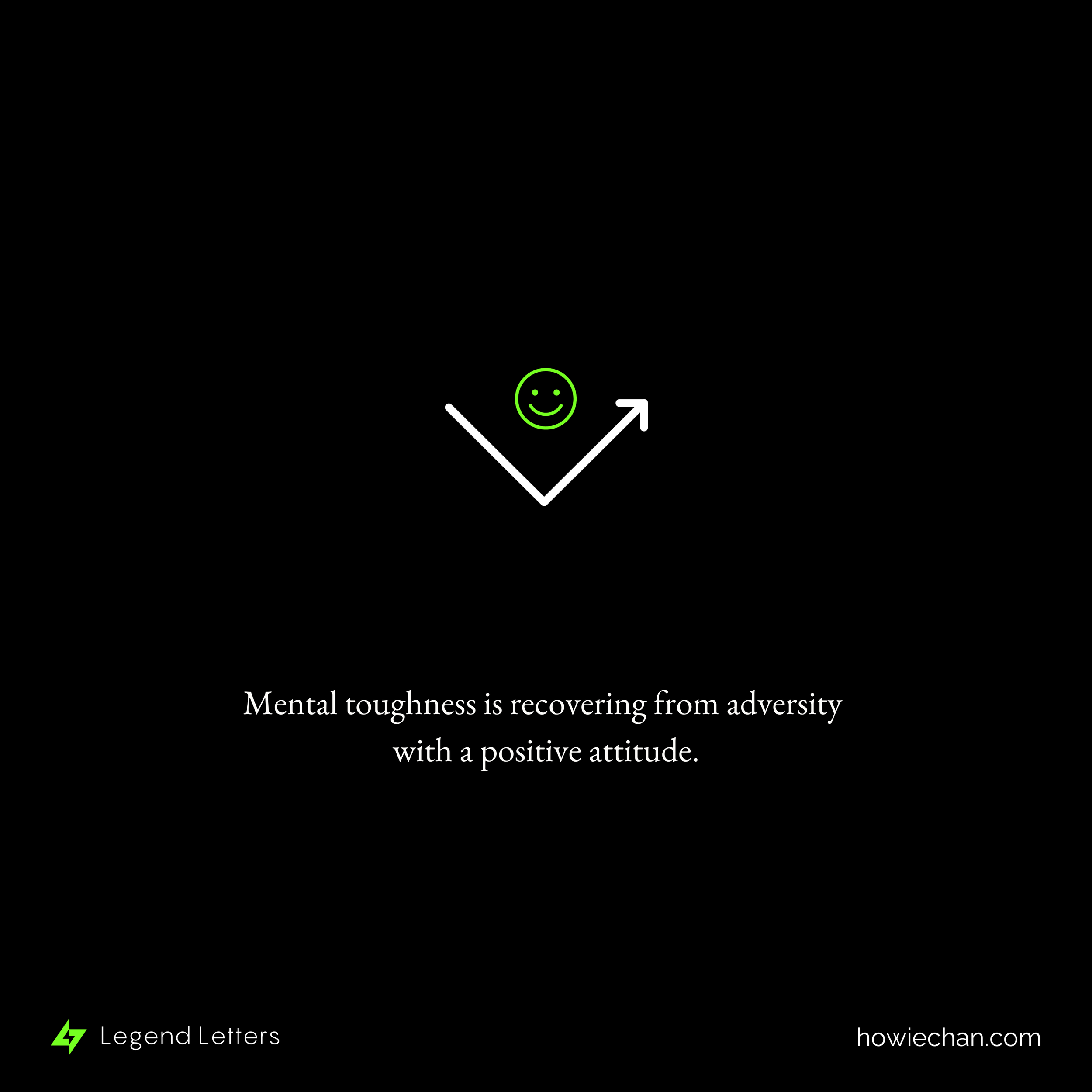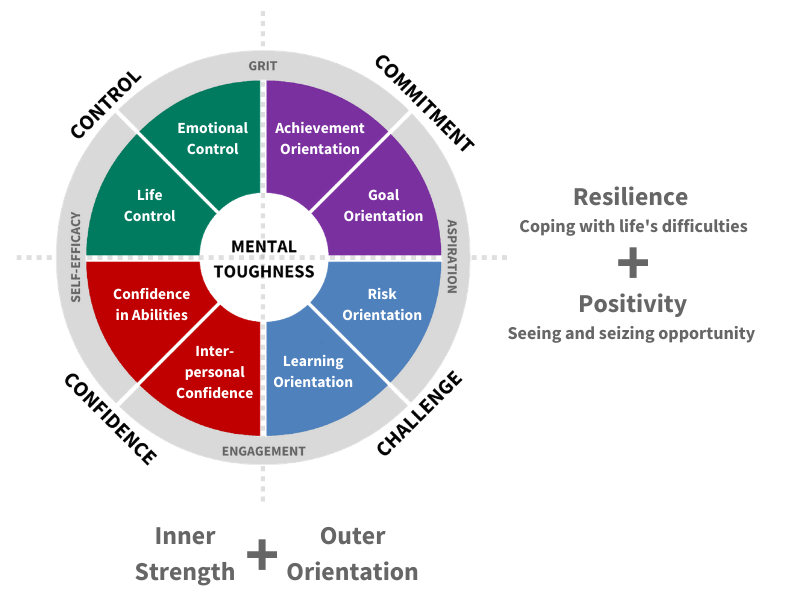It was the year 1898, Harriet Tubman was about to undergo brain surgery. She had been suffering from headaches and seizures since she was a child, when an overseer threw a two-pound weight and hit her in the head.
Her pain gotten so bad throughout the years that she couldn’t sleep. She found a surgeon in Boston who was willing to operate on her brain, but instead of receiving anesthesia, she opted to instead bite on a bullet and muscle through the pain. She was 78. 🤯
Harriet Tubman is an absolute legend, and the epitome of mental toughness. Born a slave, she worked as a house servant at age five or six and finally escaped when she was 29.
She is most well-known as a conductor of the Underground Railroad. During a ten year span, she made 19 trips into the South and escorted over 300 slaves to freedom, including one especially challenging journey in which she rescued her 70-year-old parents.
While we aren’t typically facing dangers that could take our lives, we can all be more mentally tough, as it is linked to better wellbeing, confidence, and performance.
In a study by sports psychologist James Loeher, he found that 83% of coaches rate mental toughness as the most important set of psychological characteristics for determining competitive success. Mental Health Foundation reported that 74% of individuals had experienced stress to the level that they were unable to address or cope with it.
Let’s all get tougher.
But what exactly is mental toughness? Is it the same as resilience?
Resilience is the ability to recover from adversity, while mental toughness is having that ability while being in a positive state.
Mental toughness = resilience + positivity.
A study published in October of 2023 in the Journal of Mental Wellness shows that mental toughness was the strongest predictor of mental health. It was 2x or more predictable than resilience for wellbeing, anxiety, and depression.
BASE PRINCIPLE
Mental toughness is recovering from adversity with a positive attitude.

WHAT IF?
What if you could face adversity with a smile on your face? What if you could face challenges with an iron clad mind? What if you have indestructible mental toughness?
Professor Peter Clough, Professor of Applied Psychology at Manchester Metropolitan University is a pioneer on research into mental toughness and he identified 4 components: Control, Commitment, Challenge and Confidence.

Image credit: AQR International
You can see that each component is further divided into two aspects. Let's apply this model to Harriet Tubman's life, providing an example for each of the eight factors:
Control - Life Control: Tubman demonstrated life control when she made the decision to escape from slavery. Despite the immense risks, she took control of her life and destiny, showing that she was not a passive victim of her circumstances but rather an active agent in shaping her future.
Control - Emotional Control: Tubman often had to hide her emotions and remain calm under pressure, especially during her rescue missions. Her ability to regulate her emotions and maintain composure was essential for the success of these dangerous operations.
Commitment - Achievement Orientation: Her establishment of and involvement in the Underground Railroad exemplifies this. Tubman was not just committed to the broader goal of abolition, but she also sought to achieve tangible results through her direct actions.
Commitment - Goal Orientation: Tubman's commitment to the abolitionist cause and her goal of leading as many enslaved people to freedom as possible is a clear example. She repeatedly risked her life to return to the South, each time with the goal of guiding more people to freedom.
Challenge - Risk Orientation: Tubman's entire life as an abolitionist and a spy for the Union army was filled with risks. Her decision to lead the Combahee River Raid, where she guided Union boats around Confederate mines, is a prime example.
Challenge - Learning Orientation: Tubman learned from each of her experiences, adapting her strategies for each mission based on previous successes and failures. Her ability to learn and grow from each challenge was a crucial aspect of her mental toughness.
Confidence - Interpersonal Confidence: Tubman's confidence in her ability to lead and inspire others was evident in her role as a conductor on the Underground Railroad. She not only had to trust in her own abilities but also had to inspire confidence in those she was leading to freedom.
Confidence - Confidence in Abilities: Despite facing enormous challenges, Tubman never doubted her capabilities. Her unwavering belief in her ability to navigate dangerous territories and evade capture was a testament to her confidence in her skills and strengths.
Each of these examples from Harriet Tubman's life illustrates how she embodied the elements of Clough's 4Cs model of mental toughness.
How can we develop mental toughness like Tubman?
James Clear, the author of Atomic Habits, offer three strategies:
1/ Define what mental toughness means for you
Looking at the 8 elements of Clough’s model, what behaviors would that be for you?
(e.g. Risk orientation is doing one thing everyday that I would typically perceive as “risky”)
2/ Build mental toughness through small wins
So often we think of mental toughness as responding to extreme circumstances, but like a muscle, you build it by winning small everyday. Commit to your list from #1 above.
3/ Mental toughness is about your habits, not your motivation
Motivation comes and goes, but habits is a discipline that stick around. James Clear gives us these 5 steps:
Build your identity (I’m a mentally tough person)
Focus on small behaviors (use the list from #1)
Develop a routine (fit behaviors from #1 into your daily routine)
Stick to the schedule and forget the results (focus on the deed, not the outcome)
When you slip up, get back on track (Don’t allow for 2 slip ups in a row)
There you have it, Legends.
Develop indestructible mental toughness like Tubman 💪🏽, one habit at a time, one day at a time.
Live your legend,

Howie Chan
Creator of Legend Letters
Sources:
Errick, Jennifer, 5 Facts You Might Not Know About Harriet Tubman, National Parks Conservation Association, February 8, 2022 - LINK
Harriet Tubman, Teachers Guide, PBS - LINK
Kaufman, Scott B., Are You Mentally Tough?, Scientific American, March 19, 2014 - LINK
Naden, Emma et al., Resilience and Mental Toughness as Predictors of Anxiety, Depression, and Mental Well-Being, Mental Wellness 2023; Vol 1:2, October 3, 2023 - LINK
Strycharczyk, Doug, Resilience + Positivity = Mental Toughness, AQR International, May 22, 2023 - LINK
Clear, James, The Science of Developing Mental Toughness in Your Health, Work, and Life - LINK
